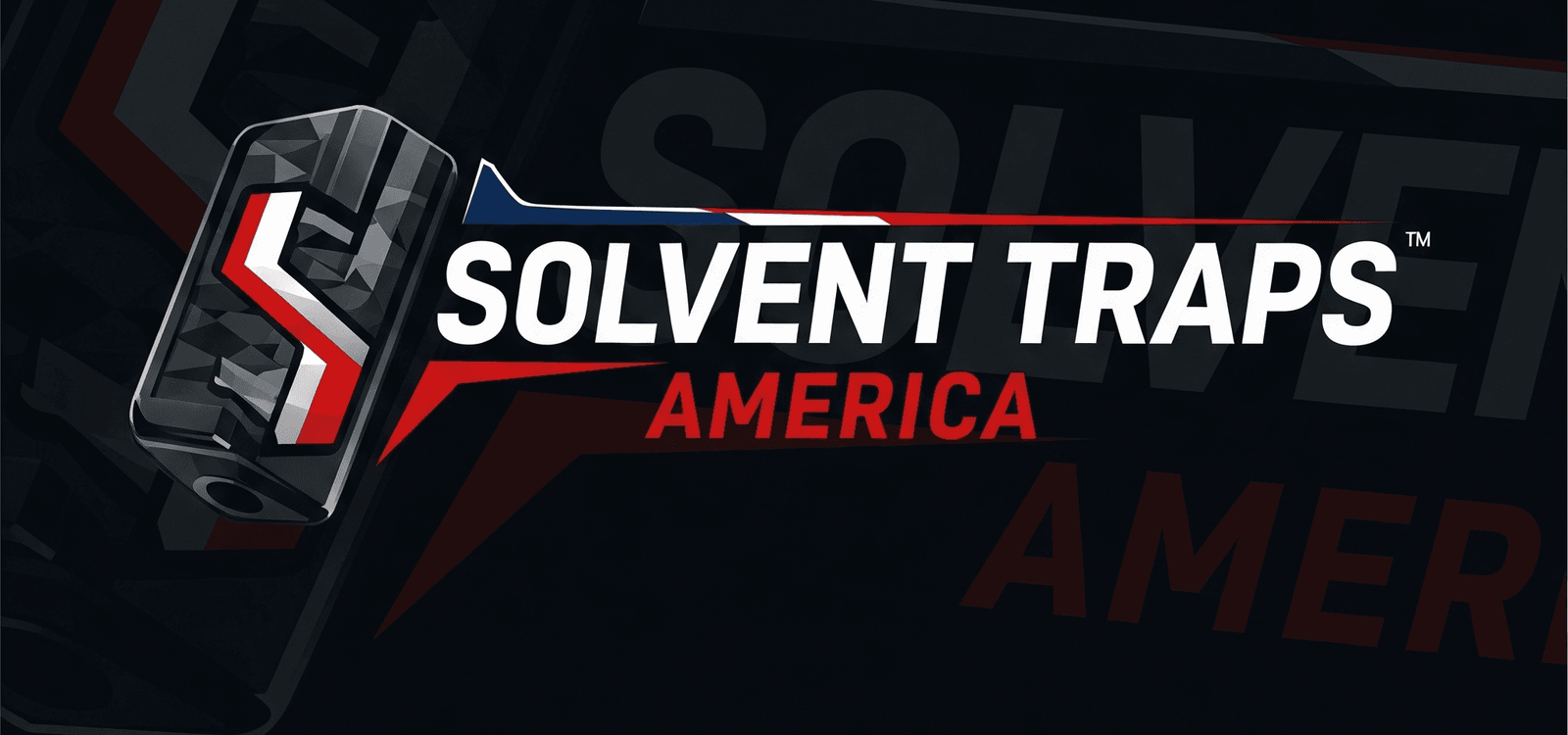Solvent traps have recently gained attention and sparked debate among firearm enthusiasts and legal authorities. Primarily marketed as tools for cleaning firearms, these devices are designed to catch and contain cleaning solvents during the maintenance process. However, concerns about their potential misuse have led to significant legal scrutiny. This article explores the legal aspects of solvent traps, the risks associated with purchasing them, and the steps you can take to ensure compliance with the law.
What is a Solvent Trap?
A solvent trap is a device that attaches to the muzzle of a firearm. Its primary function is to capture the solvent used in cleaning the gun, preventing spills and making the process cleaner and more environmentally friendly. Solvent traps typically consist of a cylindrical tube and end caps, some of which may be threaded to fit onto a firearm barrel.
Legal Considerations
The main legal concern with solvent traps is their potential modification into illegal firearm suppressors. A suppressor, or silencer, reduces the noise produced by firing a gun, and owning one without proper authorization is illegal in many jurisdictions. The Bureau of Alcohol, Tobacco, Firearms and Explosives (ATF) closely monitors devices that could potentially be converted into suppressors.
ATF Regulations
The ATF has specific guidelines defining what constitutes a suppressor and the legal requirements for owning one. According to the National Firearms Act (NFA), any device designed to reduce the noise of a firearm is classified as a suppressor and requires registration and a tax stamp to own legally. This includes devices that could be readily converted into suppressors.
Solvent traps, particularly those with threaded ends or baffles, can be viewed as components that could easily be modified into suppressors. Therefore, purchasing, possessing, or modifying a solvent trap without following the proper legal procedures can lead to severe penalties, including fines and imprisonment.
Risks of Purchasing Solvent Traps
- Legal Ambiguity: Despite being marketed for firearm cleaning, the design of solvent traps can closely resemble that of a suppressor. This similarity places them in a legal gray area, potentially leading to unintentional violations of federal law.
- Intent and Modification: The legality of a solvent trap heavily depends on the purchaser’s intent and any modifications made. Modifying a solvent trap in a way that suggests it is being converted into a suppressor is illegal.
- Vendor Legitimacy: It is crucial to buy solvent traps from reputable vendors who adhere to legal guidelines. Unreliable vendors may sell products that do not comply with legal standards, putting buyers at risk.
How to Purchase Solvent Traps Legally
If you decide to purchase a solvent trap, it is essential to be fully aware of the legal requirements and potential risks. Here are steps to ensure you comply with the law:
- Research Thoroughly: Understand the laws and regulations surrounding solvent traps in your jurisdiction, including federal, state, and local laws.
- Purchase from Reputable Vendors: Choose vendors known for complying with legal standards and clearly communicating the intended use of their products.
- Avoid Modifications: Do not alter a solvent trap in any way that could indicate an intent to create a suppressor. This includes drilling holes, adding baffles, or any other modifications.
- Consult Legal Experts: If unsure about the legality of purchasing or owning a solvent trap, consult a legal expert specializing in firearms law for tailored advice.
- Follow ATF Guidelines: Adhere to all ATF guidelines and regulations regarding firearms accessories. Contact the ATF directly if you need clarification.
Alternatives to Solvent Traps
Considering the legal complexities surrounding solvent traps, you might explore other methods for cleaning firearms that avoid these issues:
- Traditional Cleaning Kits: Use kits specifically designed for firearm cleaning, which include rods, brushes, patches, and solvent containers that are not associated with suppressor components.
- Professional Cleaning Services: Hire professional gunsmiths or firearm maintenance services, which have the necessary tools and expertise to clean firearms safely and legally.
- Safe Solvent Disposal: Utilize cleaning mats and solvent containers that prevent spills without resembling suppressor components. Various products are available that can effectively catch and contain solvents without raising legal concerns.
Purchasing solvent traps requires a thorough understanding of the legal landscape and a cautious approach to ensure compliance with federal and state regulations. While solvent traps can be practical tools for firearm maintenance, their potential misuse as suppressors makes them a legally sensitive purchase. By conducting thorough research, buying from reputable vendors, avoiding modifications, consulting legal experts, and following ATF regulations, you can minimize legal risks and responsibly maintain your firearms. Always consider the intent behind your purchase and the actions taken afterward to ensure compliance with the law.
